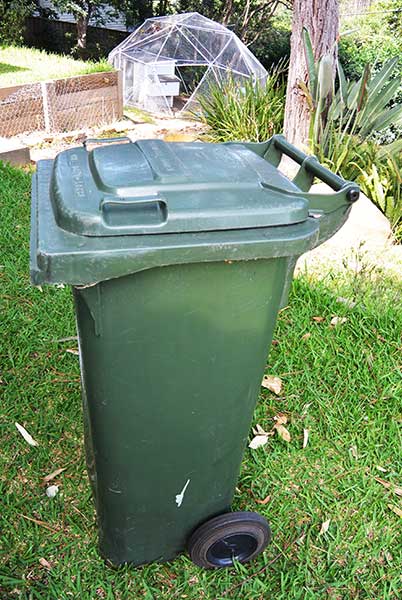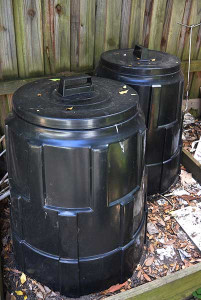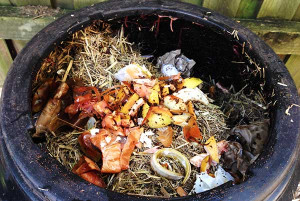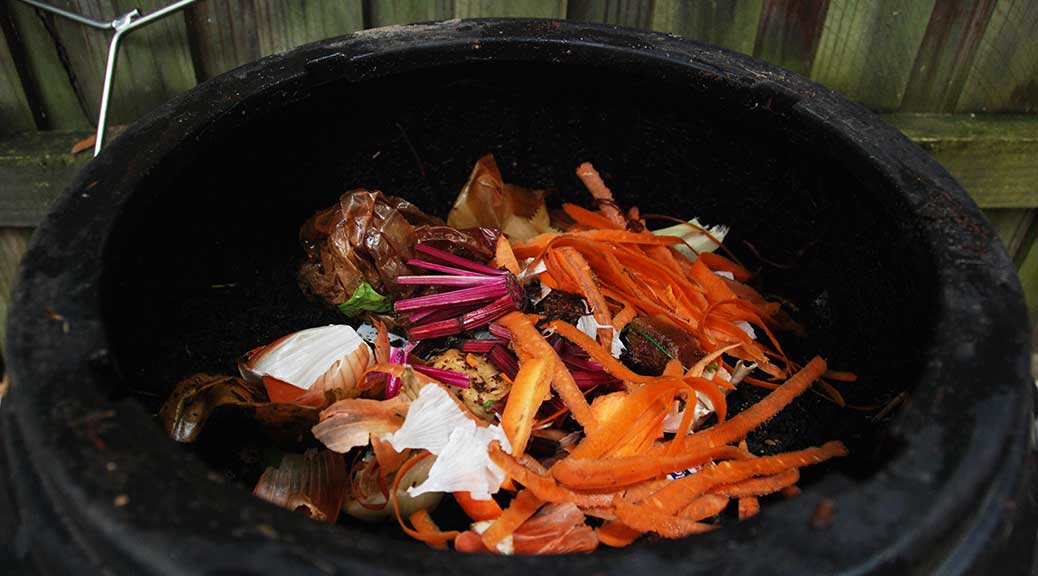While chatting to some friends recently, over a post paddle boarding coffee and muffin, the conversation somehow turned to what we do/don’t put into our rubbish bins. I have read several articles lately on people who are managing to live almost or completely waste free. Although I can’t claim to have anything like that lifestyle, I have noticed that since my composting habits changed last year (Click here to read ‘The Art of Composting’) we are putting very little in our ‘general rubbish’ wheelie bin and, as any rubbish we do have is dry, we no longer need to use plastic bags. (The recycling bins, however, are always full – despite trying to re-use things first – but that’s another story.)

One friend said she had been inspired to start composting but she still had a full rubbish bin at the end of every week. Without (I hope) sounding too cheeky, I asked her what was going in her rubbish bin; when she started listing a few things, I said, “Oh, I put most of those in the compost”. There was a little gasp of surprise around the table and the conversation steered onto what you do and don’t or can and can’t put into a compost bin. There seems to be a debate on whether some items can be composted, but when I am asked what I compost, the answer is simple – everything that I think is biodegradable goes into my compost bin. I am no expert here, and if other people want to tell me I am doing something wrong then I am prepared to listen, but I appear to make great compost and have a lot less waste. I have read that, amongst other things, you shouldn’t put citrus, onion skins, cooked food or meat in the compost. It all goes in mine. I imagine that if you have an open compost ‘pile’ then cooked food and meat would attract rats but, I have a sealed bin placed on a tiled base so no rodents can get in. I have read that citrus is poisonous to worms; I have also read that this is a myth. I put citrus in my compost bin and the worms are still there and the citrus turns to compost.

When the waste breaks down into compost I often find some things that need longer to decompose, e.g. bones and fruit stones; I simply toss them into the ‘new’ compost bin (ideally you should have three bins on the go in rotation). I also occasionally find things that are not biodegradable and have found their way into the compost by accident, such as some plastic packaging or other man-made materials, and I simply remove them before using the compost in the garden.
Inspired by reactions to my composting ways, I have decided to start tweeting a list of “things I put in my compost” (#thingsIputinmycompost). Follow me on Twitter (@rose_rambles) to see how many I come up with!

What do you/don’t you put in your compost? – Comments are welcome.


Oh I love this!! I keep reading all the dos and don’ts, and like you, I just do my own thing. So far, it’s working great and my worms are thriving. I’m going to go read all your twitter comments. If you don’t mind, I’d love to include this post in my wrap-up, next Wednesday, for today’s CTWW challenge (which is to start composting). Thanks so much!
Great to hear from another ‘give it a go’ composter. So pleased you enjoyed reading this. I’d be very happy for you to include it in your wrap-up and hope to hear from others on their experiences.
Ideally an overload of certain food types will annoy worm based composters so variation is key. But bins systems like the Aerobin (aerobic oxygen decomposition based) want it all in any volume you like. The Anaerobic style (air free) don’t car either.
A challenge for many is the ‘too dry’ v ‘too wet’ compost. If your compost is sludgy and wet, then things like newspaper or cardboard or dry leaves really help balance it up. Alternatively if your compost is too dry, then wet grass clippings and food scraps will also bring balance.
The ‘ideal’ compost has little smell and can be squeezed into a compact ball. Usually smelly compost comes from a lack of oxygen as different bacteria are in play doing the work
In our scraps bin we starts off with two sheets of newspaper and then add in everything as we go.
The rule – if it grew in the land or on the land, it is compostable. Everything else we consider at the time. And yes as a result our waste bin is now rarely above 1/2 full – sometimes we don’t bother to put it out at all. Recyclables consistently full
Thanks for your comments and advice Marcus. I agree that a balance is needed, I learnt that and more on a free composting course I attended last year, which I wrote about here. Happy composting.